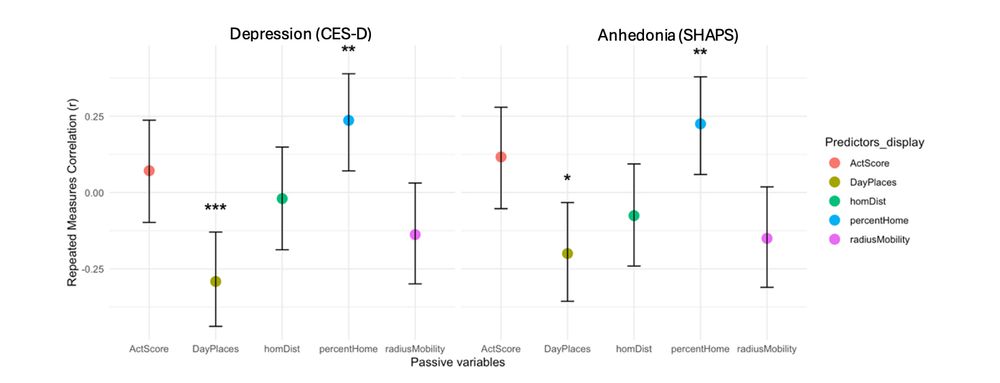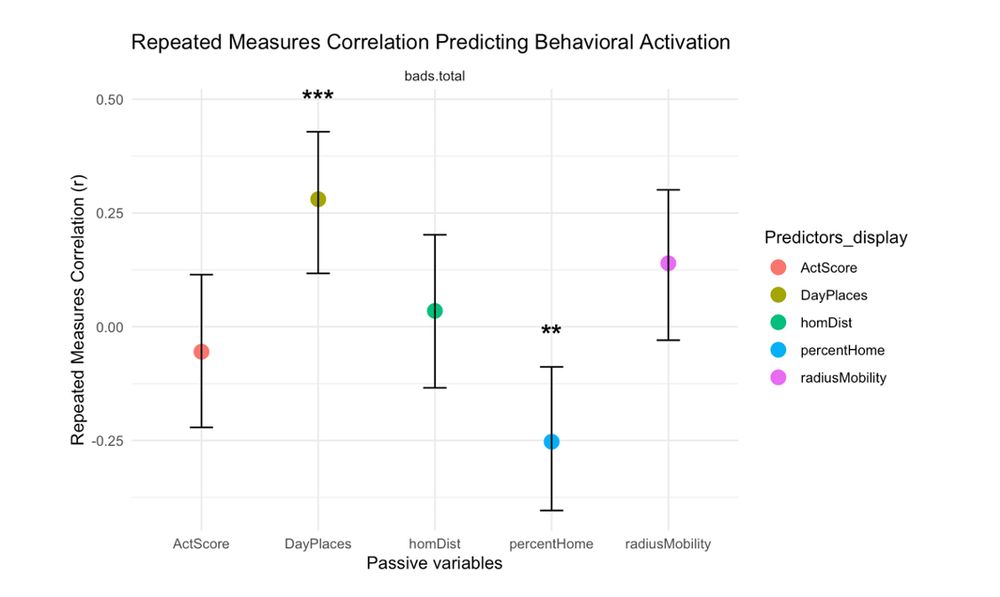Hadar Fisher
@hadarfisher.bsky.social
65 followers
72 following
36 posts
Instructor in Psychiatry | Harvard Medical School | McLean Hospital
Posts
Media
Videos
Starter Packs
Hadar Fisher
@hadarfisher.bsky.social
· Sep 1
Hadar Fisher
@hadarfisher.bsky.social
· Sep 1
Hadar Fisher
@hadarfisher.bsky.social
· Aug 19
Hadar Fisher
@hadarfisher.bsky.social
· Jul 17
Hadar Fisher
@hadarfisher.bsky.social
· Jul 17
Hadar Fisher
@hadarfisher.bsky.social
· Jul 17
Hadar Fisher
@hadarfisher.bsky.social
· Jul 17
Hadar Fisher
@hadarfisher.bsky.social
· Jul 3
Hadar Fisher
@hadarfisher.bsky.social
· Jun 27
Hadar Fisher
@hadarfisher.bsky.social
· Jun 13
Hadar Fisher
@hadarfisher.bsky.social
· Jun 13
Hadar Fisher
@hadarfisher.bsky.social
· Jun 13
Hadar Fisher
@hadarfisher.bsky.social
· Jun 13
Hadar Fisher
@hadarfisher.bsky.social
· Jun 12
Reposted by Hadar Fisher
Hadar Fisher
@hadarfisher.bsky.social
· Apr 18
Using Natural Language Processing to Track Negative Emotions in the Daily Lives of Adolescents
Tracking emotion fluctuations in adolescents’ daily lives is essential for understanding mood dynamics and identifying early markers of affective disorders. This study examines the potential of text-b...
www.researchsquare.com
Hadar Fisher
@hadarfisher.bsky.social
· Apr 18
Using Natural Language Processing to Track Negative Emotions in the Daily Lives of Adolescents
Tracking emotion fluctuations in adolescents’ daily lives is essential for understanding mood dynamics and identifying early markers of affective disorders. This study examines the potential of text-b...
www.researchsquare.com






